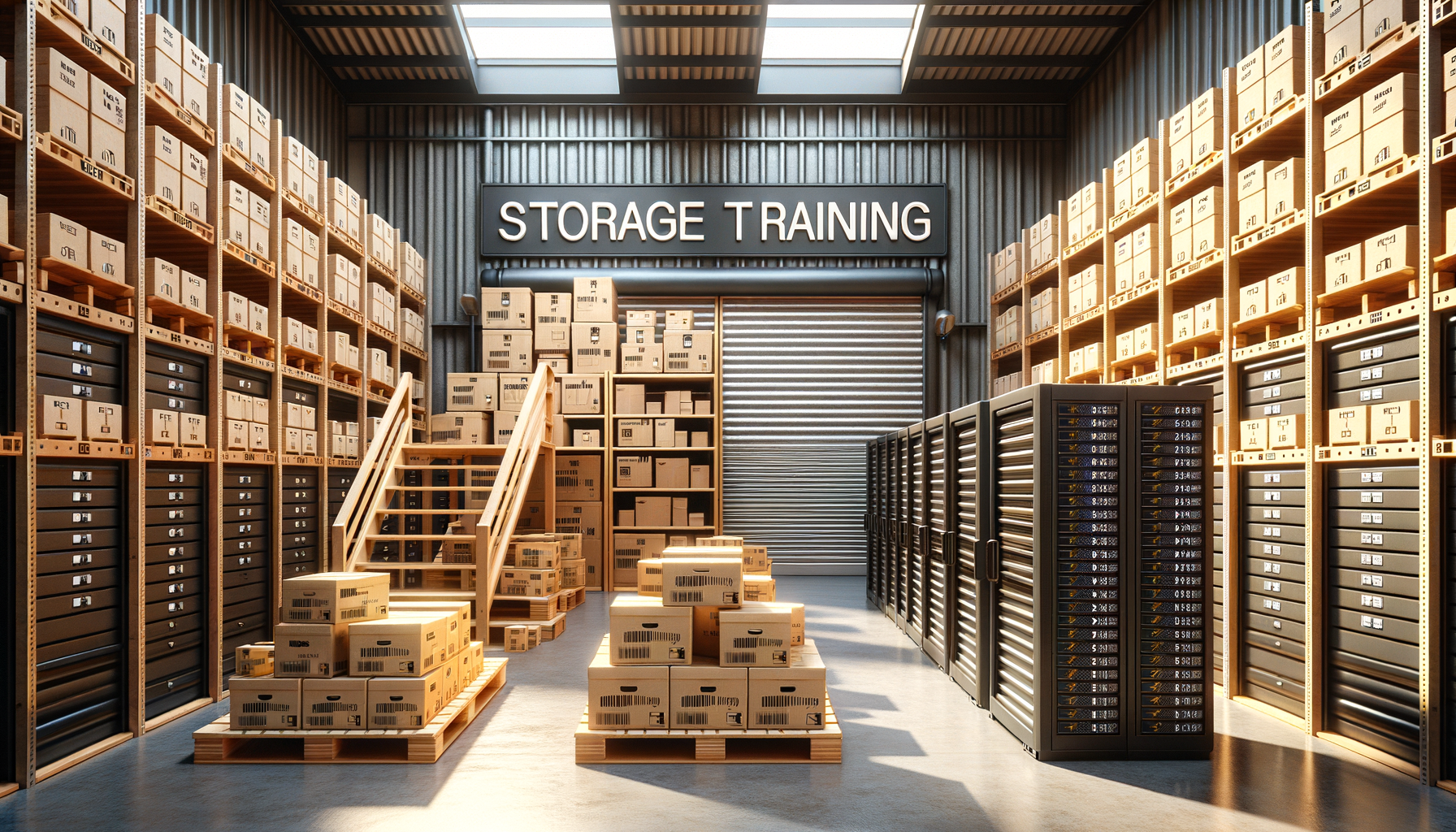Understanding the Storage Industry in Germany
The storage industry in Germany is a dynamic and essential part of the country’s logistics and supply chain sectors. As businesses continue to expand and e-commerce grows, the demand for efficient storage solutions has surged. Storage facilities are responsible for managing a vast array of goods, from consumer products to industrial materials, ensuring they are safely stored and easily accessible. In this context, individuals seeking a career in storage must develop a comprehensive understanding of the industry’s operations and requirements.
Germany’s storage sector is characterized by its diversity, encompassing various types of facilities such as warehouses, fulfillment centers, and bulk storage units. Each type of facility has its own set of operational protocols and technological requirements. For instance, warehouses often utilize advanced inventory management systems to track and manage stock levels, while fulfillment centers focus on rapid processing and dispatching of goods to customers.
Moreover, the emphasis on sustainability and efficiency has led to innovations in storage methods. Many companies are adopting eco-friendly practices, such as energy-efficient lighting and climate control systems, to reduce their environmental footprint. These developments highlight the importance of staying updated with industry trends and technological advancements, making training programs crucial for anyone aspiring to enter the field.
- Comprehensive understanding of logistics and supply chain operations
- Familiarity with different types of storage facilities
- Awareness of sustainability practices in storage
Essential Skills and Training for a Career in Storage
To thrive in the storage industry, acquiring a specific set of skills is essential. Training programs offered by storage companies in Germany are designed to equip individuals with the knowledge and competencies required to excel in various roles. These programs typically cover a range of topics, including inventory management, safety protocols, and the use of technology in storage operations.
Inventory management is a critical skill in the storage industry, as it involves maintaining accurate records of stock levels and ensuring the efficient movement of goods. Training in this area often includes learning how to use inventory management software and understanding the principles of stock rotation and demand forecasting.
Safety is another crucial aspect of storage operations. Employees must be well-versed in safety protocols to prevent accidents and ensure a secure working environment. Training programs often include modules on handling hazardous materials, operating machinery safely, and implementing emergency response procedures.
Technological proficiency is increasingly important in modern storage facilities. Many companies are integrating advanced technologies such as automated storage and retrieval systems (ASRS) and warehouse management systems (WMS) to enhance efficiency. As a result, training programs emphasize the importance of being comfortable with these technologies and understanding how they contribute to streamlined operations.
- Proficiency in inventory management software
- Knowledge of safety protocols and emergency procedures
- Understanding of advanced storage technologies
Career Opportunities and Growth in the Storage Sector
The storage industry in Germany offers a wide array of career opportunities, catering to individuals with diverse skills and aspirations. From entry-level positions to managerial roles, the sector provides a clear path for career progression, making it an attractive option for many job seekers.
Entry-level positions, such as warehouse operatives or inventory clerks, provide a solid foundation for individuals new to the industry. These roles involve tasks such as picking and packing orders, maintaining inventory records, and ensuring the efficient flow of goods within the facility. As individuals gain experience and demonstrate their capabilities, opportunities for advancement become available.
For those with a penchant for leadership, supervisory and managerial positions offer the chance to oversee operations and guide teams. These roles require strong organizational skills, the ability to manage resources effectively, and a strategic mindset to optimize storage operations. Additionally, specialized roles such as logistics coordinators and supply chain analysts are in demand, offering opportunities to work closely with other departments and contribute to the overall efficiency of the business.
The storage sector is also known for its adaptability, with many companies offering flexible working arrangements and opportunities for continuous professional development. This commitment to employee growth ensures that individuals can build a rewarding career while staying abreast of industry developments.
- Entry-level positions with opportunities for advancement
- Leadership roles in supervisory and managerial capacities
- Specialized positions in logistics and supply chain management








